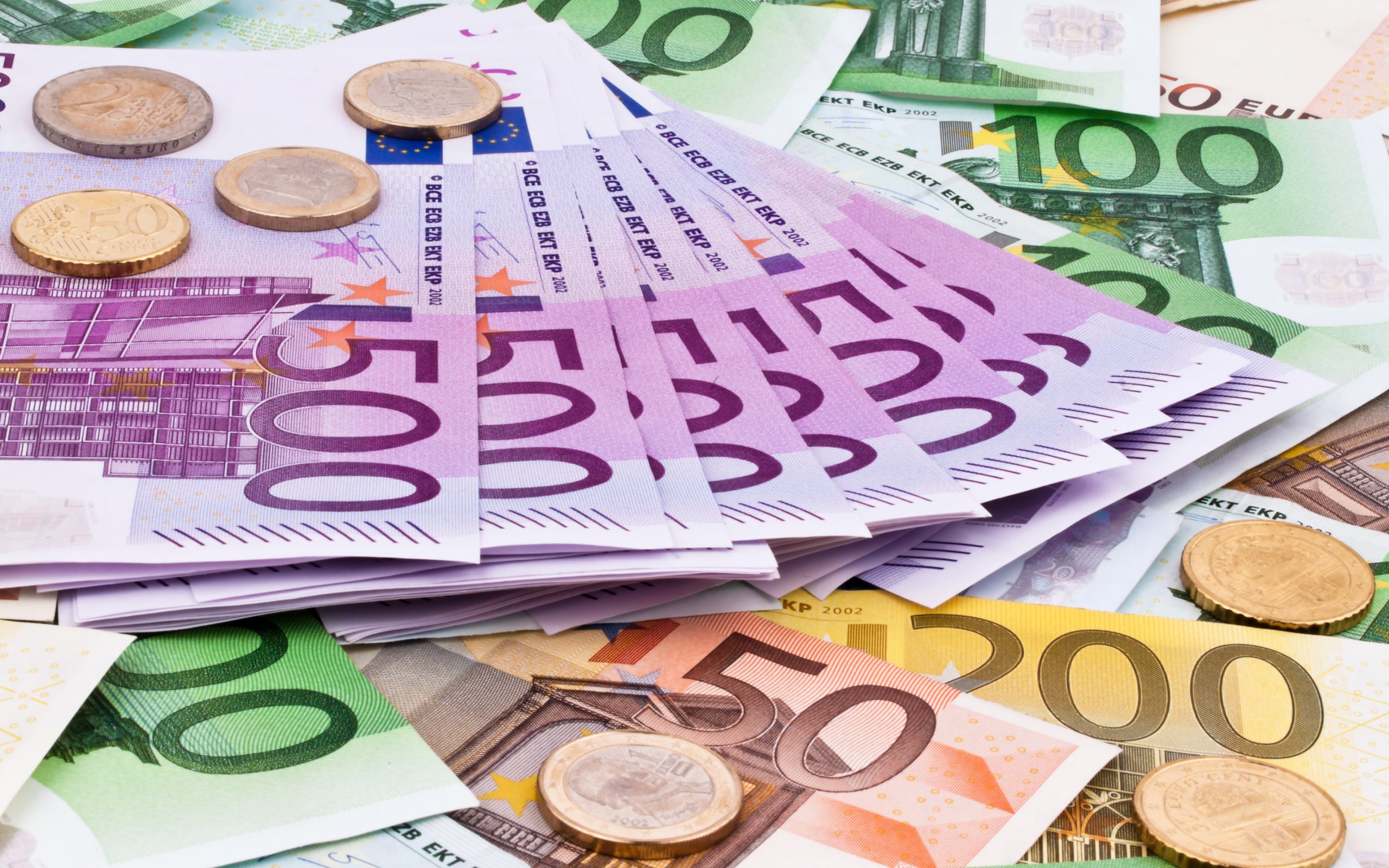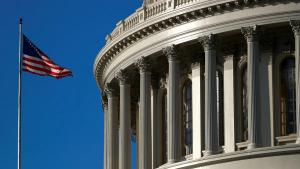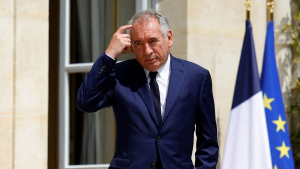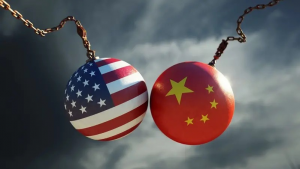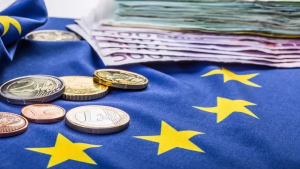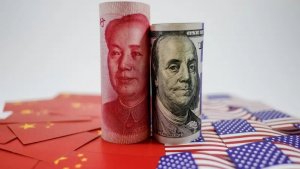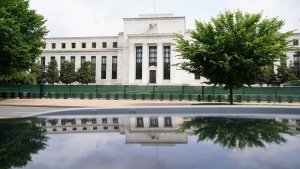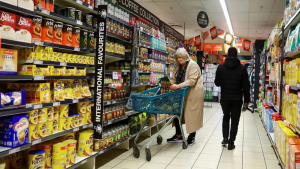The Nigerian naira posted strong gains against the European currency at the parallel market on the weekly spectrum amid ongoing reforms in Nigeria’s foreign exchange market and political uncertainty in Europe.
The Euro is losing significant support (N1690/€) against the Nigerian currency, which has caused the EUR/NGN price to lean more bearish.
The EUR/NGN opened trading at the unofficial market at N1695 from N1852/€ against the European Currency on December 2nd, 2024.
The Electronic Foreign Exchange Matching System, which was introduced last week, addressed persistent problems with market opacity and inefficiency by promoting seamless trading and uniformity among participants.
Omolara Duke, CBN’s director of the Financial Markets, calls the Bloomberg BMatch platform a revolutionary tool for the foreign exchange market.
Commercial banks and other authorized dealers now use the Electronic Foreign Exchange Matching System (EFEMS) to place buy and sell orders in real time.
Trades are now executed quickly and give market participants and regulators real-time visibility.
Political uncertainty in France batter Euro’s prospect The European currency has been burdened lately by the recent political situation in France.
The Euro is currently teetering towards the crucial $1.05 mark. Europe’s single currency fell slightly more than 3% against the US dollar last month.
The political unrest has escalated to unprecedented levels in recent days with a no-confidence vote against French Prime Minister Michel Barnier scheduled for last Wednesday night,
Barnier’s approach to the 2025 budget led to his dismissal. He suggested raising taxes by €20 billion and cutting public spending by €40 billion, to reduce the high deficit. The other parties blocked that because it was unpopular.
Barnier tried to move forward by pushing the bill through without a vote, which was a risky move because it led to a vote of no confidence. Barnier’s gamble did not pay off, despite his hopes that Le Pen and the RN would support him instead of being perceived as creating instability.
The Euro continually faces pressure as President-elect Donald Trump’s threat of tariffs may harm exports, particularly in the auto sector. The ECB intends to lower interest rates further, but many economies require fiscal support.
The issue is that while some nations, like Germany, have weak governments that can’t implement aggressive fiscal spending plans, others, like France, can’t do so because of budgetary restrictions.
Nevertheless, there are indications that the rally is wearing on, as the greenback couldn’t make significant progress in response to Trump’s recent tariff threats.
Recovery signs are starting to appear on the EUR/USD price pattern. The Relative Strength Index (RSI), which indicates improving momentum but is still a warning of caution, has increased further in negative territory.
Rising green bars on the Moving Average Convergence Divergence (MACD) indicator signify increasing bullish momentum. Although these trends are positive for bulls, long-term recovery hasn’t been completely verified.
Historical patterns have shown that December has been the best month for the euro against the haven currency, with the currency rising an average of 1.6 per cent versus the US dollar over the previous 24 years.
The euro usually ends December in positive territory more often than any other month, with a 71 per cent chance. The ECB meeting in December will determine the short-term course, as will whether they announce 50 basis points or 25 bps cut. A minor plus for the euro is that it appears to be the latter. Lower interest rates are expected to boost the faltering EU economy in the upcoming year.

